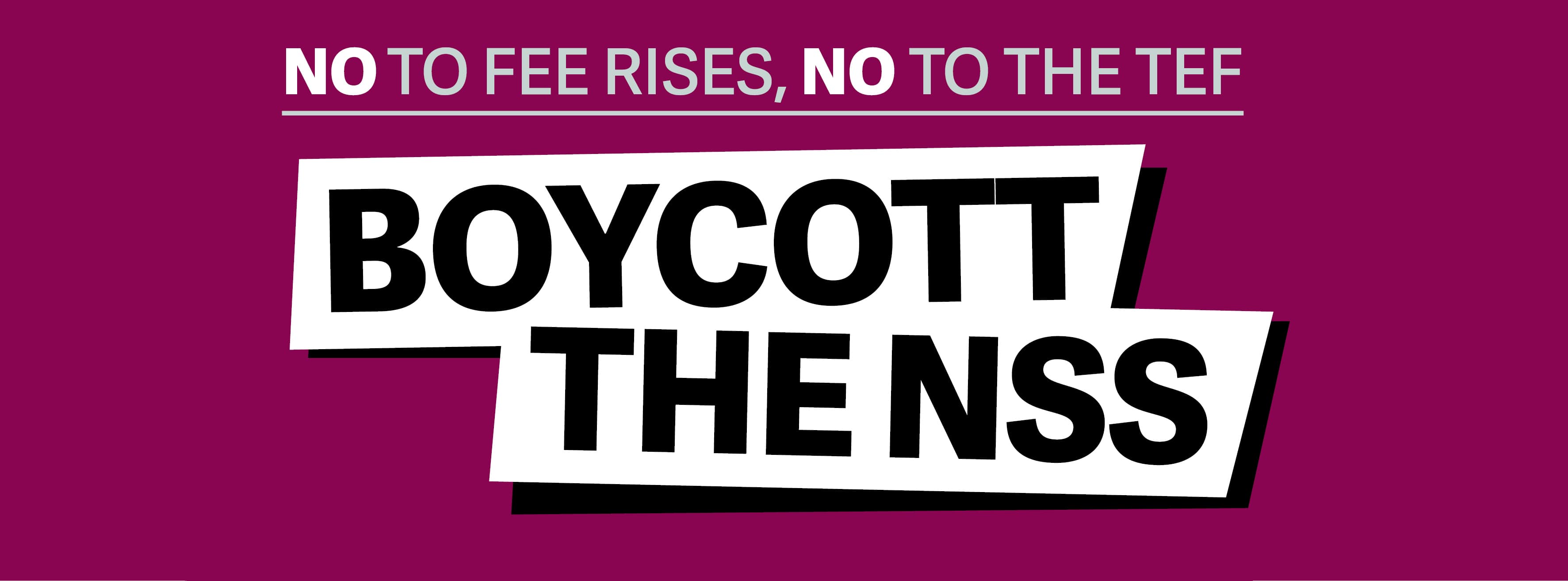LUU Student Exec decide not to endorse nationwide National Student Survey boycott
The LUU student exec have chosen not to endorse the NUS’ National Student Survey (NSS) boycott, a campaign which is attempting to thwart the government’s plans to link tuition fees to teaching quality and thus raise fees around the country.
Around 25 student unions have joined the NUS spearheaded boycott, including Manchester student union which joined after the Student Senate passed the motion with a majority of 90%.
Other students unions have also opted out however, such as York student union, which opened the issue up to a campus-wide referendum. 568 voted to opt out of the boycott, and 379 voted to join.
No such vote has been held at LUU, as the idea has not been submitted to a Better Union forum, with the Student Exec deciding unanimously that the boycott was the wrong course of action.
Melz Owusu, Education Officer at LUU, said, “We as an Exec have taken the position that we do not believe a boycott will have the desired impact on the Government changes to Higher Education; rather that what it will do is very much fracture the strong relationship and standing that we have with the University, which allows us to represent students effectively.”
The NSS is a survey final year undergraduates are invited to complete. The data collected provides prospective students and interested parties with independent information on higher education institutions. The National Union of Students (NUS) is leading the resistance and the boycott is also supported by the Universities and Colleges Union, a large union that represents university staff.
Under the government’s Teaching Excellence Framework (TEF), university fees and funding will be tied to quality of teaching. If a university meets a ‘baseline quality threshold’, it will be allowed to increase its tuition fees in step with inflation. Government projections predict that the inflation-inclusive fees for the 2017/2018 academic year will be £9,250. Other projections show that fees could be over £12,000 per year by 2020.
The government will rely on three measures to judge quality of teaching: NSS results, student drop-out rates, and graduate employment. In boycotting the NSS, the NUS hopes to prevent the tuition fee rise and ultimately defeat the TEF, which it opposes completely.
Calls for the NSS to be boycotted are causing tensions in some universities. NSS data is compiled by Ipsos MORI, an organisation independent from universities. It therefore has respectful standing and is used on university open days to attract students. Universities have an interest in making sure that students respond to the survey (if too few students respond, the results are unusable).
According to the government’s White Paper on higher education reforms, universities that, under TEF, receive a rating of Meets Expectations or higher will be allowed to increase their tuition fees. As Meets Expectations is the lowest rating (the others are Excellent and Outstanding), the number of universities that will be permitted to increase fees in autumn 2017 may be very large.
Maurice Sadler, a third year medical student, expressed concern at the proposed TEF changes. “Pricing universities on the quality of their teaching will lead to less-affluent students deciding to go the lower scoring, cheaper universities, while richer students will be able to afford the better and more expensive establishments.
“TEF seems like a slippery slope to dividing higher education along wealth lines entirely, with an end point of the complete commodification of education. I think anyone who believes in social mobility would be wrong not to treat the government’s proposals with extreme scepticism.”
Benedict Coltman
(Image: NUS)

